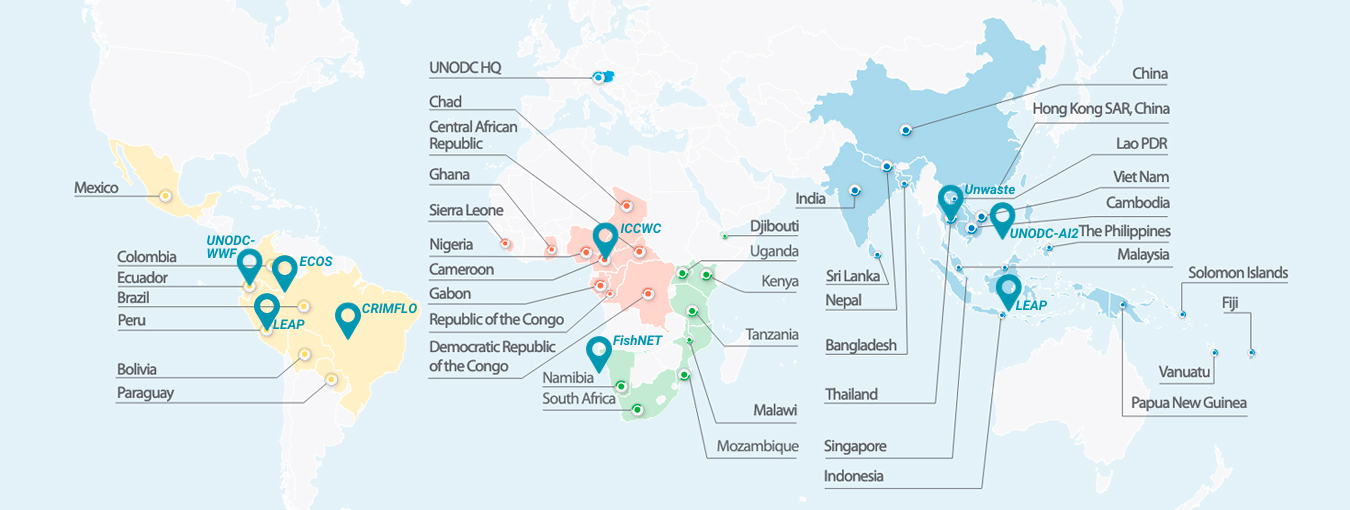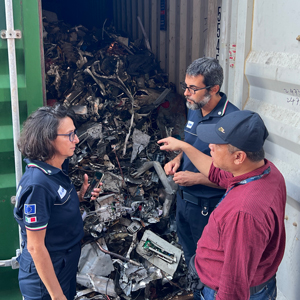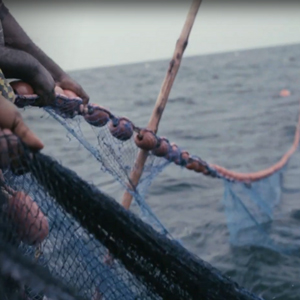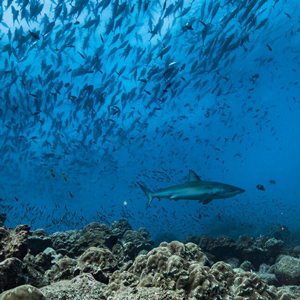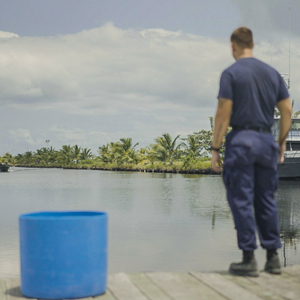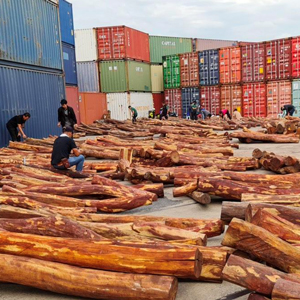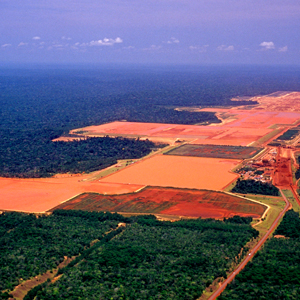The “Conference of the Parties” (COP) is the global decision-making body of the UN Framework Convention on Climate Change (UNFCCC). The Parties meet every year to review progress and decide on the path forward.
In November 2024, Azerbaijan will host the 29th session of the Conference of the Parties (COP29) in Baku.
The theme of COP29 is In Solidarity for a Green World.
As climate impacts are increasingly widespread, rapid, and intensifying, this year the world is at a critical juncture to meet the goal of limiting global warming to 1.5 degrees above pre-industrial levels, as committed to in the Paris Agreement.
COP29 will convene to complete the first Enhanced Transparency Framework and the New Collective Quantified goal on Climate Finance, among other matters.
UNODC is leading the narrative on integrating justice system responses into the climate agenda, while mobilizing the law enforcement community for enhanced climate action.

UNODC’s engagement at COP29 will focus on 3 areas:
Partners: World Bank, International Monetary Fund
Corruption has the potential to undermine the response to climate change – whether by distorting the design and implementation of new regulations and climate action policies, in the management and allocation of significant flows of funds, and the administration of climate offset programs. As countries set forth a New Collective Quantified Goal, negotiate enhanced financing strategies for sustainable development, and update their National Determined Goals (NDCs), integrating robust oversight and anticorruption frameworks are essential to build public confidence in these goals and to ensure that climate finance achieves desired outcomes for intended beneficiaries.
This session aims to bring together the anti-corruption and climate change communities to discuss strategies for building resilience against corruption that threatens climate funding. The focus will be on identifying effective approaches to prevent corruption from undermining climate initiatives and exploring actions needed to scale up anti-corruption efforts to secure climate funds and needed private investment.

Young people are not merely victims of climate change; they are vital contributors to climate action. As agents of change, entrepreneurs, and innovators, they are leveraging their skills across education, science, and technology to amplify climate efforts. With their unique perspectives and dynamic energy, young people have the power to drive meaningful progress in both climate action and the fight against corruption.
At UNODC we believe that all young people should have the chance to express their ideas and concerns regarding integrity, ethics and anti-corruption matters, in a way that tangibly influences global policy dialogues.
This session aims to build on the opportunities, challenges, and the way forward for youth engagement in climate governance, paving the discussion for a meaningful youth engagement in Integrity in Climate action. A representative of the YouthLED Integrity Advisory Board to UNODC’s GRACE Initiative will take part in this session.

Partners: Office of the Prosecutor General of Azerbaijan
In a historic collaboration at COP28 in Dubai, which marked the first-ever participation of the global law enforcement community at the climate summit, the Ministerial Forum on Empowering Law Enforcement to Protect Biodiversity, Promote Peace, and Ensure Climate Recovery and Resilience brought together high-level representatives from Asia, Africa, the Americas, the Middle East, and the UN. The Forum addressed the urgent need to safeguard biodiversity and vulnerable communities, with a focus on the essential role of law enforcement agencies in combating illegal and criminal activities that affect the environment as well as promoting peace and security through building climate recovery and resilience. Furthermore, the Forum unveiled significant global initiatives, including the International Initiative of Law Enforcement for Climate (I2LEC), launched by the Ministry of Interior of the United Arab Emirates, in partnership with the UNODC, concluding with the adoption of the Abu Dhabi Call for Action on Supporting and Enhancing the Role of Law Enforcement Agencies in the Fight against Crimes that Affect the Environment.
Recognizing the critical role of law enforcement in addressing these challenges, COP29 will carry forward this effort by hosting a high-level event focused on mobilizing law enforcement for enhanced climate action. The event will bring together high-level representatives from governments, international organizations, and law enforcement agencies to explore strategies for empowering law enforcement to protect biodiversity and address crimes that affect the environment, as well as initiatives for greening law enforcement to reduce CO2 emissions.

Partner: Egmont Group
During this event, high-level and operational-level representatives from the Egmont Group, INTERPOL, UNODC, WCO and Financial Intelligence Unit of Azerbaijan, Canada and South Africa will explore the various way in which financial intelligence can support global efforts in tackling anthropogenic climate change. Discussion will also focus on how cooperation and collaboration between various anti-money laundering (AML) stakeholders in the public and private sectors can positively contribute to these efforts and disrupt the financial incentives behind environmental crimes.
